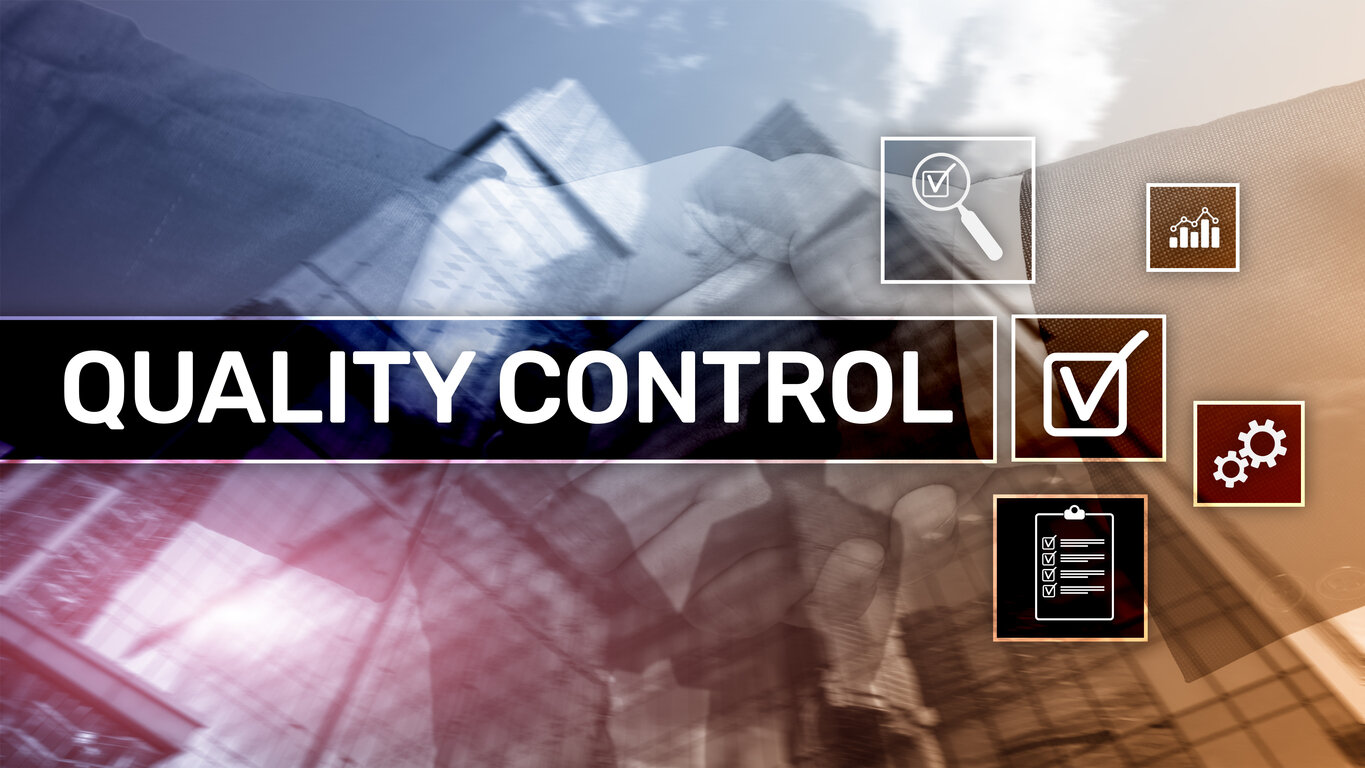Medical technology industry’s value to healthcare is closely linked to the product quality, safety and effectiveness, and on 6 November 2019, the SAMED/SALDA regulatory forum hosted a member workshop devoted to quality management systems.
Globally, quality-management certification of medical technology providers is the means to contribute to improving patient safety and benefit, and supporting timely market access for innovative technologies.
The key objective for this final 2019 regulatory forum was to assist members with preparing for the anticipated regulatory requirement to have a quality management certification in order to renew existing licenses from SAHPRA.
“Although SAHPRA is still to publish detailed guidelines, we want to equip members with information that assists them to initiate the certification process in their companies. Obtaining a certification against one of the international standards takes months of work, human resources and budget, so the sooner members begin with this, the easier and less disruptive to the business it will be,” explains Avanthi Govender Bester, chair of SAMED’s regulatory committee.
The two relevant quality management standards are:
- ISO 9001:2015: this is a system widely used by medtech distributors that can also be used by manufacturers in addition to ISO 13485. The system is a tool for business management, improving products and services, and reducing or managing various operational risks. The process for obtaining ISO 9001 certification is done through a notified body. This entity assists a company with purchasing the standard, auditing its business and processes, recommending improvements needed to meet the requirements stipulated by the standard, assisting a company with training so it can implement the corrective actions, and finally certification.
- ISO 13485:2016: this is a globally recognised standard specifically developed for the medical technology industry. Manufacturers apply the standard to ensure their quality systems compliance with regulators in different countries, including Canada, EU, Australia, Japan and to a large degree, the US FDA. The process for obtaining ISO 13485 is more complex and takes longer to obtain if the company is a manufacturer; distributors qualify for a reduced audit time. The process may, however, be simpler if a company already has ISO 9001 certification.
The implementation of a quality management system can take a long time depending on individual company resources (finance, infrastructure and personnel).
“We urge SAMED members to start working on their certification. Currently, the certification service provider capacity in South Africa is limited, and early scheduling of audits is strongly advised,” says Tanya Vogt, SAMED Executive Officer.

